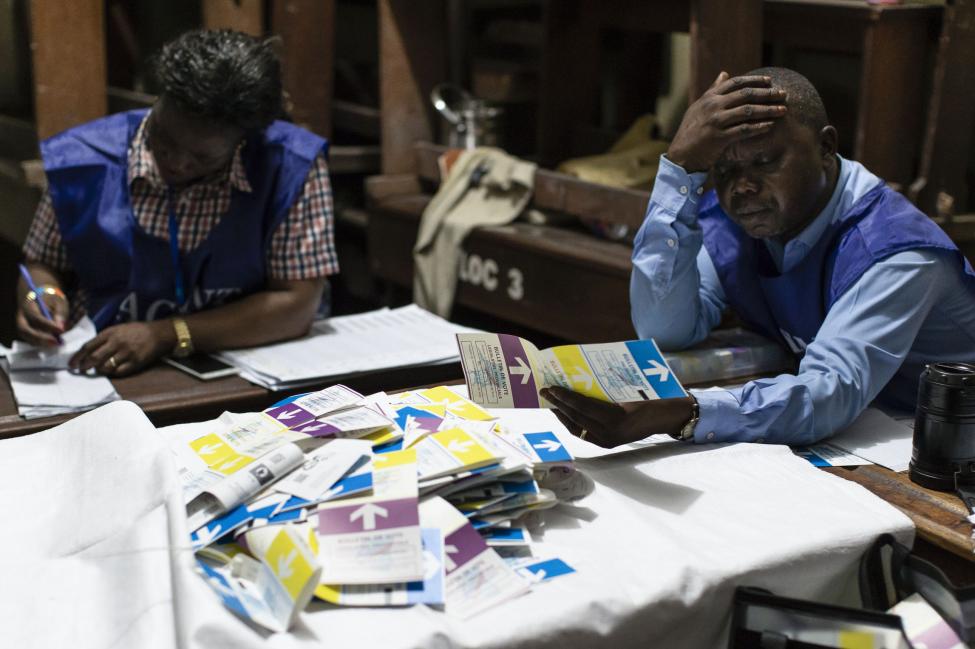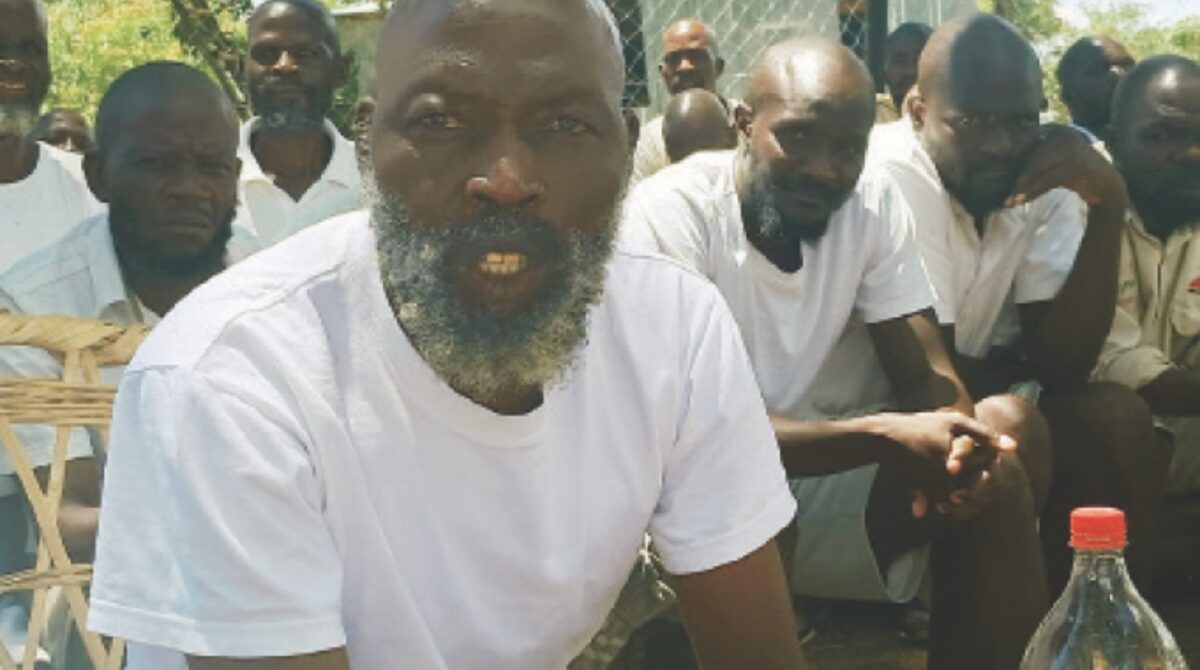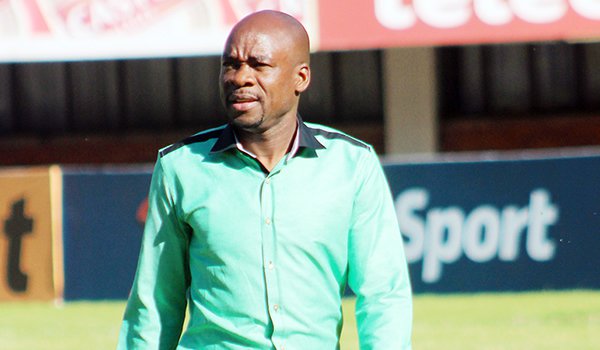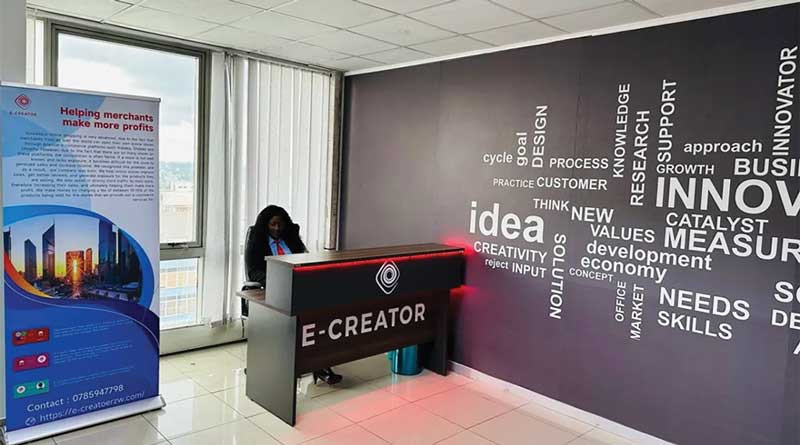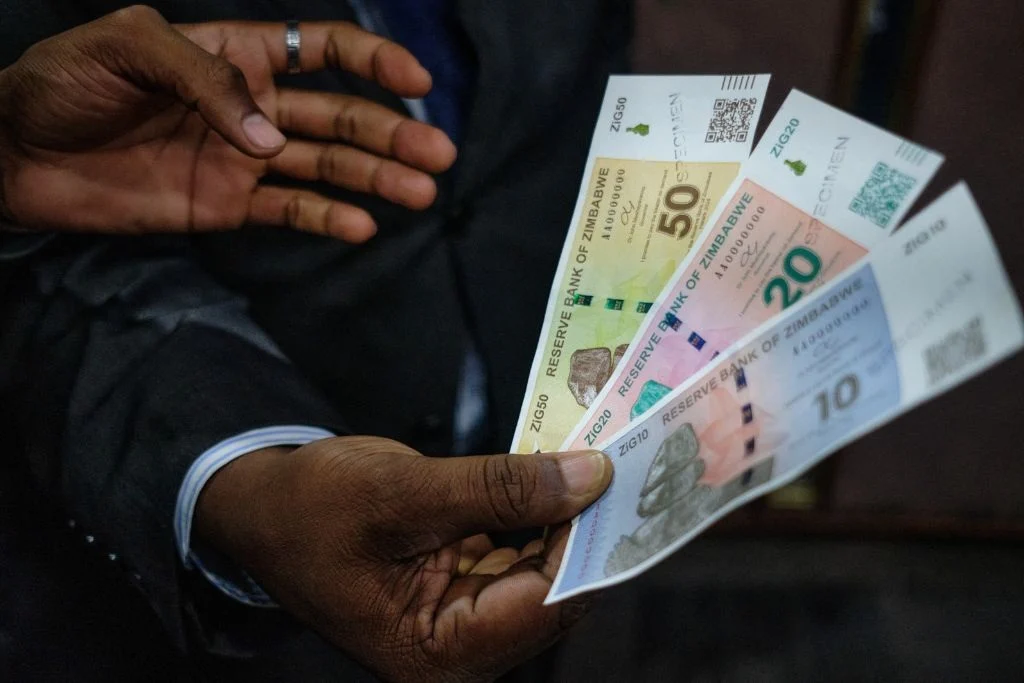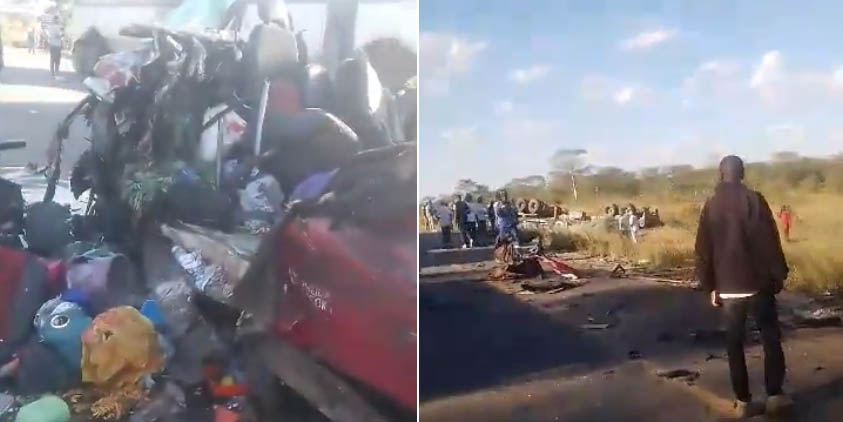KINSHASA — Democratic Republic of Congo officials on Saturday delayed the announcement of preliminary results from a crucial presidential election, amid growing pressure from world powers and the influential Catholic church to respect voters’ wishes.
Preliminary results, scheduled for release Sunday, will now come out this week, the head of the country’s electoral commission CENI told AFP just hours before the deadline.
“It is not possible to publish the results on Sunday. We are making progress, but we do not have everything yet,” Corneille Nangaa said, without announcing a new date.
The country’s powerful National Episcopal Conference of Congo (CENCO), which represents the country’s Catholic bishops, warned that popular anger could result in the event the final results were not “true to the verdict of the ballot box.”
Democratic Republic of Congo’s powerful Catholic Church, which provided more than 40,000 election observers, had said Thursday it knew who had won the vote, but did not name him.
In a letter to Nangaa on Saturday, CENCO President Mgr Marcel Utembi said that, given the delay, “if there is a popular uprising, it would be the responsibility of the CENI.”
The December 30 vote saw 21 candidates run to replace President Joseph Kabila, who has ruled the vast, conflict-ridden country for almost 18 years.
Among the frontrunners were Kabila’s handpicked successor Emmanuel Ramazani Shadary and two opposition candidates: veteran heavyweight Felix Tshisekedi and newcomer Martin Fayulu.
At stake is the political stewardship of a mineral-rich country that has never known a peaceful transition of power since independence from Belgium in 1960.
Kabila had been due to step down two years ago, but clung onto power, sparking widespread protests that were brutally repressed, killing dozens.
The election, preceded by repeated delays, was carried out in a relatively peaceful manner. But tensions have built over the lengthy counting process, amid fears the results could be manipulated to install Kabila-backed Shadary in power.
The electoral commission had promised to announce preliminary results on Sunday, followed by a definitive count on January 15.
But Nangaa told AFP just under half of ballots had been counted by Saturday afternoon, adding: “Next week, we will announce.”
The further delay could stoke tension in the unstable central African nation of 80 million.
Nangaa has blamed the slow count on massive logistical problems in a country the size of Western Europe with poor infrastructure.
Since the vote, the authorities have cut internet access and blocked broadcasts by Radio France Internationale, causing widespread frustration.
With international concerns growing over the transfer of power in sub-Saharan Africa’s largest nation, Western powers have upped the pressure.
The United States and European Union urged Kinshasa to ensure a peaceful change of power.
Africa Confidential, citing sources, say the Catholic church was convinced Fayulu had won based on tallies from where it had deployed agents. One year ago, Fayulu was barely known beyond the Democratic Republic of the Congo’s capital Kinshasa, until he was nominated as the presidential candidate of the opposition Lamuka coalition.
Fayulu’s campaigns have been marred by violence with security forces using tear gas and live ammunition to disrupt his political rallies and to stop him from accessing some parts of the country.
But the 62-year-old is supported by two political heavyweights: former DRC Vice President Jean-Pierre Bemba, who has been barred from standing in the long-delayed election, and self-exiled ex-provincial Governor Moise Katumbi, who says he was prevented from returning to Kinshasa to submit his candidacy.
Pre-election opinion polls gave Fayulu a clear lead.
Born on November 21, 1956, in Kinshasa when it was still known as Leopoldville, Fayulu went on to do his university studies in France and the United States, later taking up a role with the US oil group which became Exxon Mobil.
Starting in 1984, he spent nearly two decades working for the oil giant in several African countries, first as an auditor and then as director general. He stepped down in 2003.
If elected, he has pledged to invest $126bn in the economy and create 20 million jobs over five years in a country which is rich in minerals and land but remains one of the world’s poorest nations.
“People of Congo are asking for the truth and justice,” Fayulu told Al Jazeera on Sunday, adding that the long-delayed elections were “deliberately disorganised”.
“I cannot see how Mr Shadary can win. I doubt anyone will have the courage to proclaim Shadary as the winner. It will be a provocation. Please, no provocation. They tried any other strategy … The country has lost time to develop itself. And today we are ready. This is the new era. The era of dignity of Congolese and prosperity of Congolese,” said Fayulu.
“If I am elected, there will not be revenge. But we’ll sanitise the country. We’ll have that rule: Zero tolerance for corruption.”
